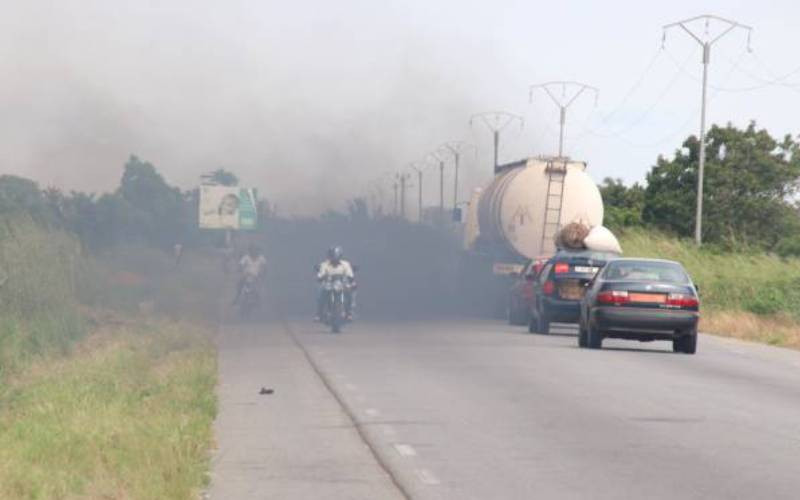×
The Standard e-Paper
Smart Minds Choose Us

The consequences of climate change have had a huge impact on marginalised communities, women and the youth.
Climate change has led to more frequent extreme weather events like drought and famine, more severe storms, loss of species, inadequate food supplies, more health risks, poverty and displacement amongst other effects that have adversely affected more than two million Kenyans.